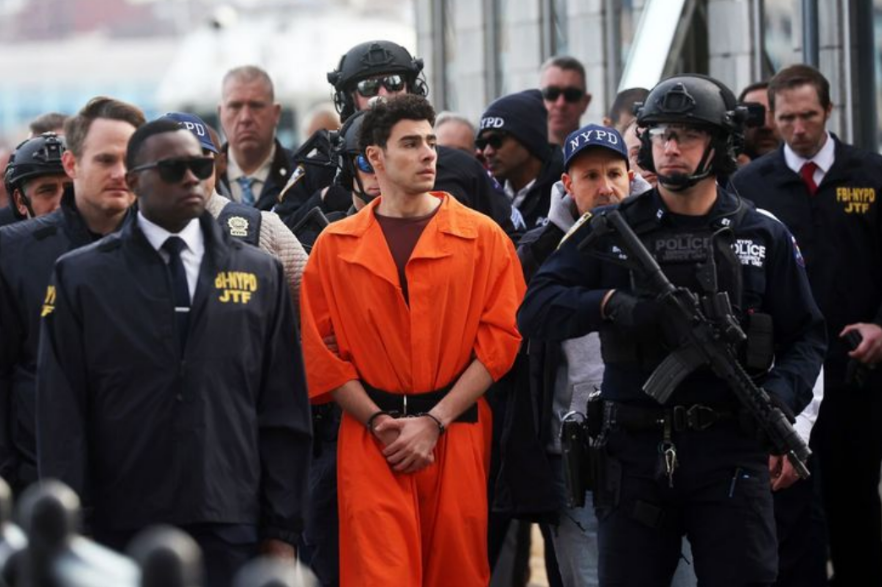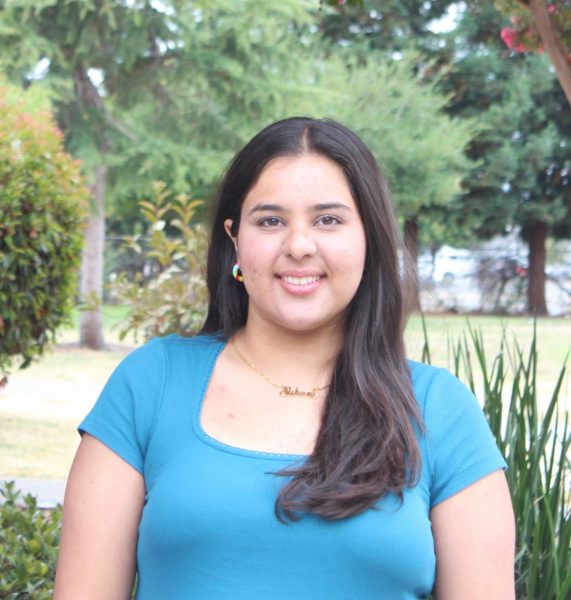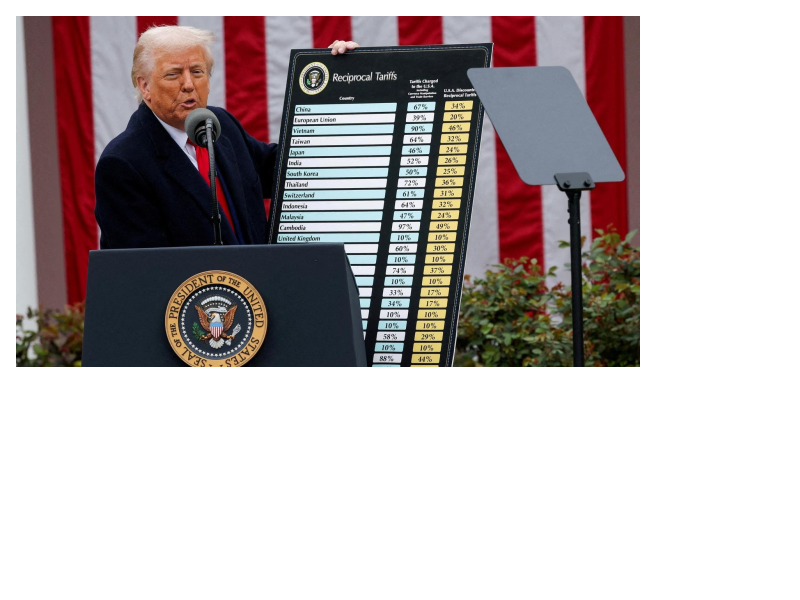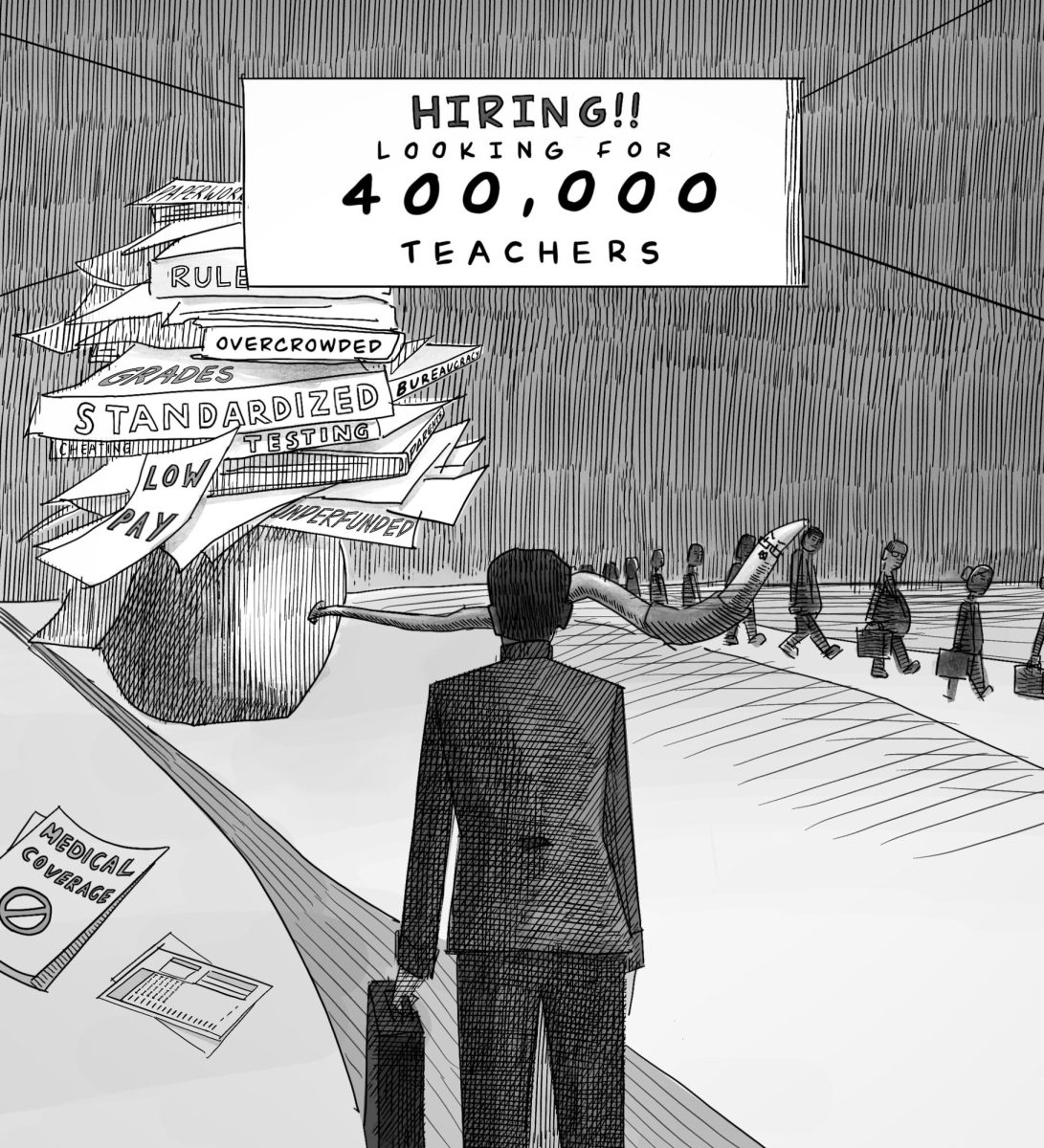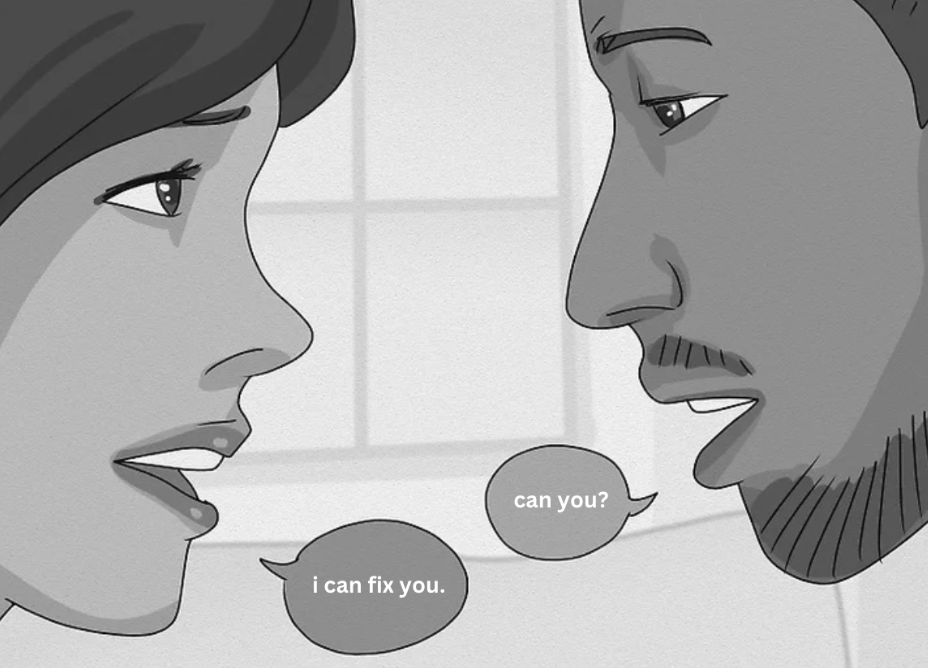In the calculus of human suffering, how do we measure the value of a life against the machinery of one of the biggest corporations? Luigi Mangione’s alleged assassination of UnitedHealthCare CEO Brian Thompson isn’t just a crime—it’s a raw, unfiltered scream to stand against the crimes committed by healthcare systems that value money over actual healthcare.
Mangione’s story isn’t just a headline. He’s a symptom of a deeper American pathology: a system so fundamentally broken that violence begins to look like the only language of last resort.
Let me be clear: I’m not here to glorify violence. I’m here to understand it.
Imagine being valedictorian of your high school, and then graduating from the University of Pennsylvania with dreams of making a difference, only to watch those dreams get strangled by corporate bureaucracies that view human life as items on a Google spreadsheet. Imagine watching loved ones suffer, knowing that a simple piece of paper—a healthcare denial—stands between them and survival.
Mangione’s story isn’t unique. It’s a template, a horrifying blueprint of American desperation. Every denied claim is a death sentence. When people found out about the murder, the immediate reaction was shock. But beneath that surface reaction lied a more uncomfortable truth: Thompson wasn’t just a person. Instead, he was a symbol of a system that transformed healthcare from a human right into a luxury commodity.
Mangione’s notes, discovered in his backpack after his arrest, weren’t just the ravings of a mad man. Each line was a testimony to years of accumulated rage, of watching a system that claims to heal systematically destroy the lives of many.
Critics will argue that murder can never be justified. And they’re not wrong. But they’re also missing the point.
Mangione represents a generation that’s educated, aware, and becoming more and more hopeless each day. We’re in a society where a young man with a prestigious university degree feels so cornered, so hopeless, that murder becomes a calculated form of communication. This story isn’t just about one man though. It’s about collective trauma, a societal wound that keeps being poked at.
The protesters who rallied outside his arraignment weren’t celebrating a murder. They were mourning a society that creates such bizarre scenarios, where desperation takes over. When a healthcare worker becomes a symbol of systematic violence, our society has been fractured. “I don’t feel terrorized,” one said, “because I’m not a billionaire.” That’s not just a statement. That’s an indictment.
This isn’t about defending Mangione’s actions. It’s about understanding the conditions that make such actions imaginable.
Our justice system loves to simplify: hero or villain, right or wrong. But Mangione exists in the gray—a product of institutional failure, a mirror reflecting our dysfunctional society. Is he a terrorist? A revolutionary? A victim? Perhaps he’s all of these. Perhaps he’s none.
What we can’t deny is the systematic violence that made him commit his actions in the first place. The violence of denying someone life-saving treatment. The violence of prioritizing corporate profit over human survival. The violence of a healthcare system that treats humans as statistical risks rather than living, breathing individuals who have hopes, dreams, and families.
It may seem difficult to acknowledge, but understanding isn’t the same as endorsement.
We can condemn the method while hearing the message. Because underneath the shock and horror, there’s a question demanding our attention: How many more Mangiones are we creating with our indifferences?
Change does not arrive politely. It comes screaming, bleeding, killing, all demanding to be heard.
And right now, Luigi Mangione is our scream.


